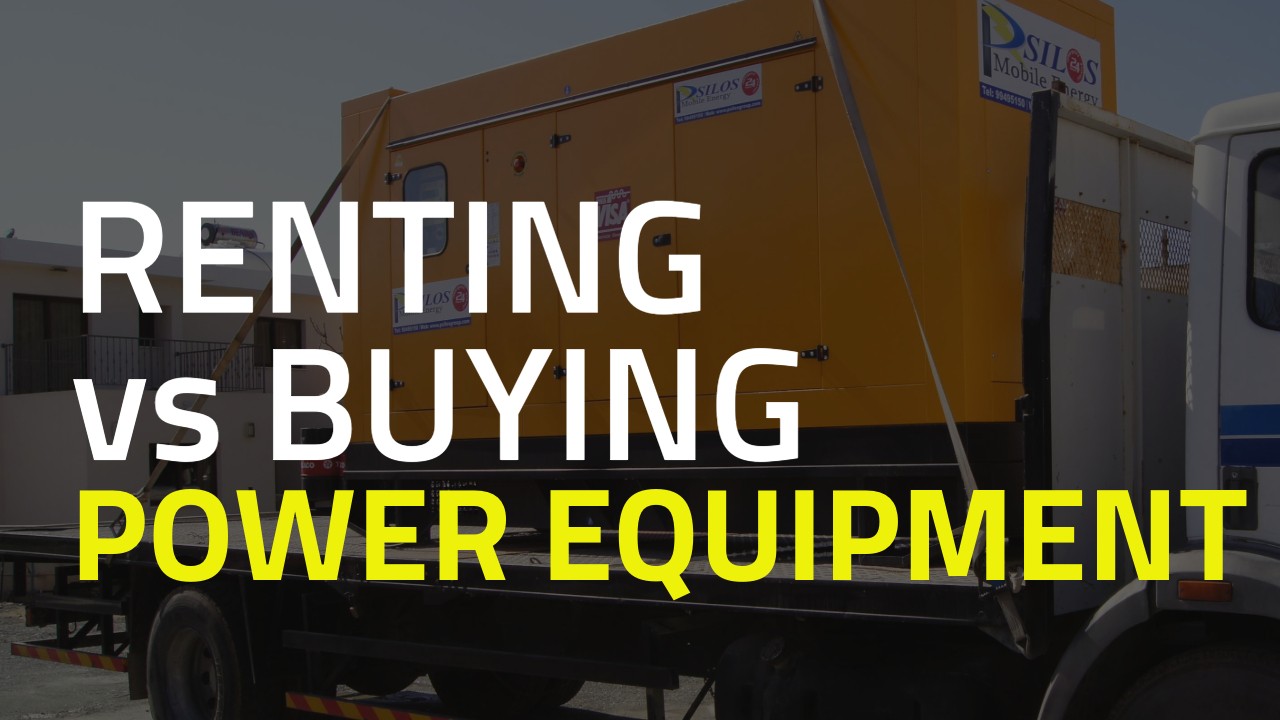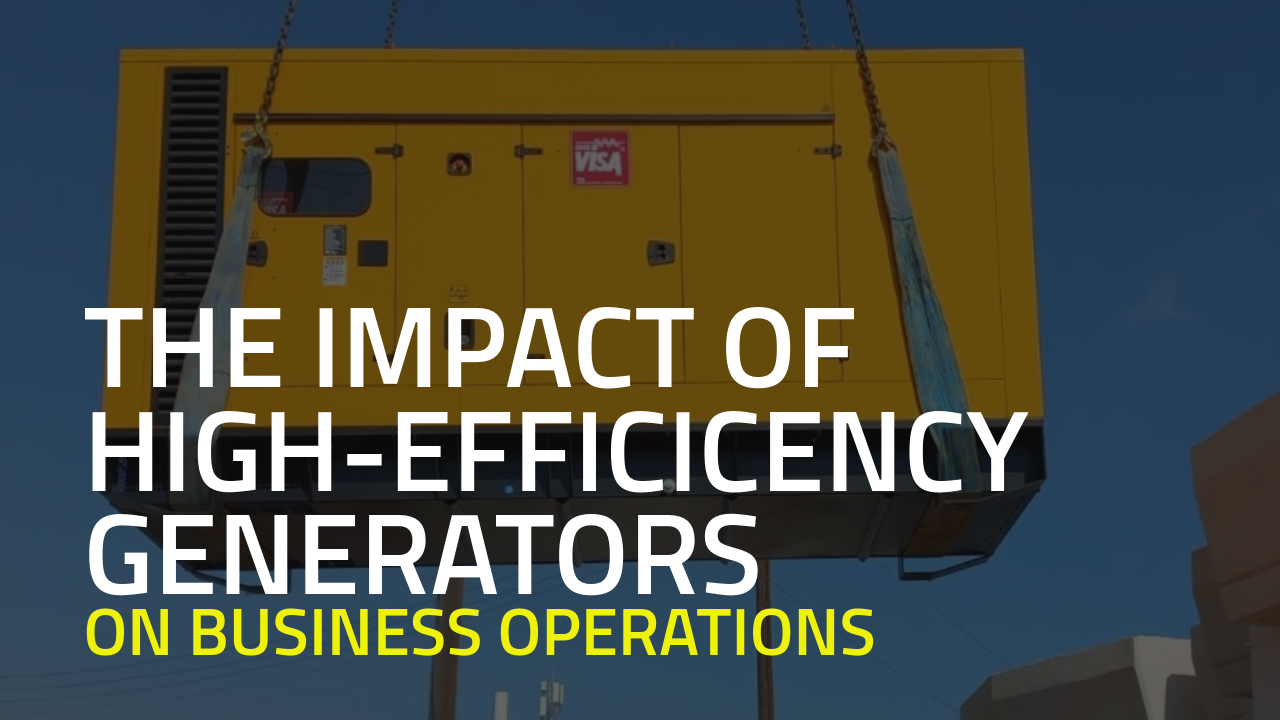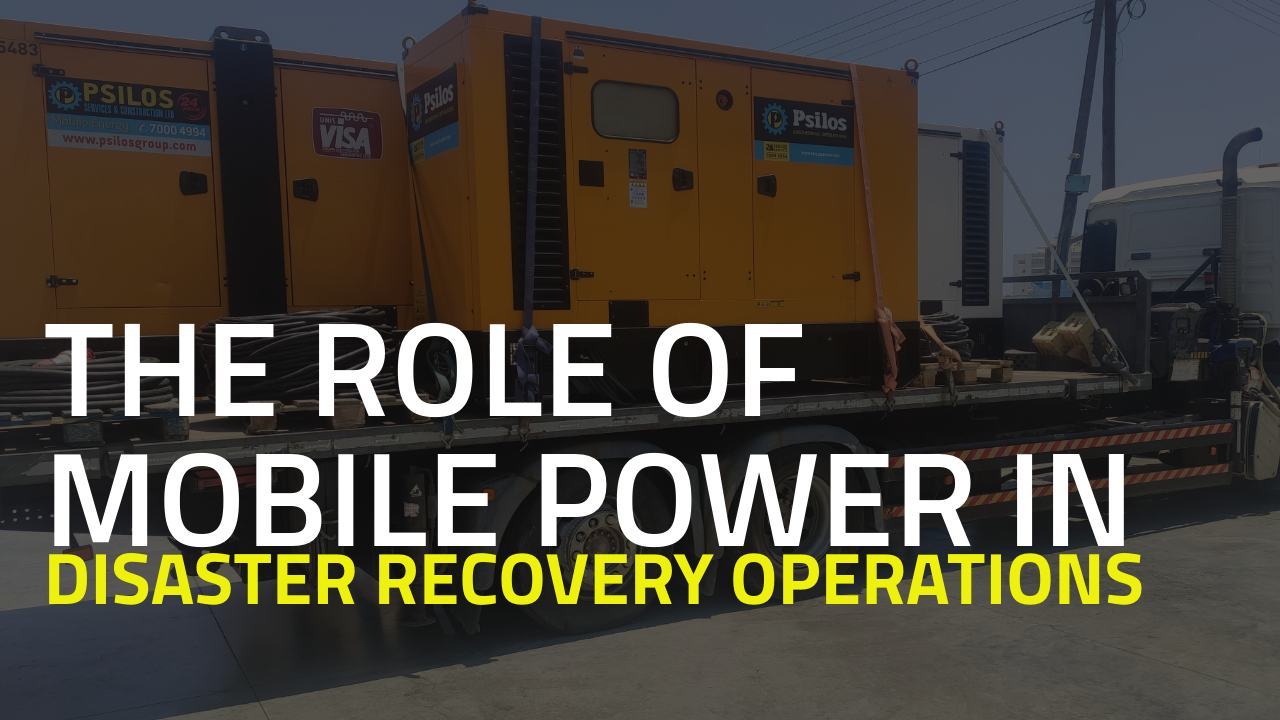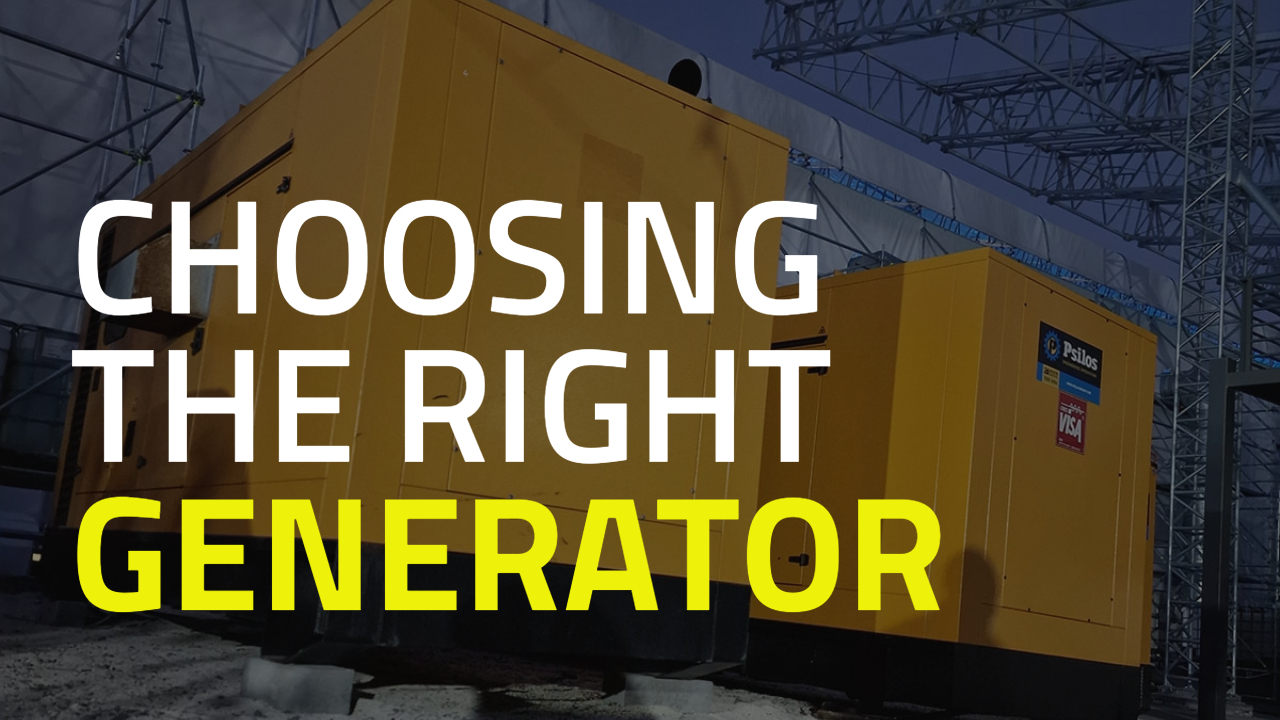
Top Considerations When Renting vs Buying Power Equipment – Make the Right Choice
Introduction to Renting vs Buying Power Equipment
Deciding whether to rent or buy power equipment is a significant decision for any business, particularly in sectors like construction and event management in Cyprus. At Psilos Group, we understand the nuances of such decisions locally. This guide provides insights to help you navigate the choices between renting and buying, ensuring you make the best decision based on your specific circumstances and business goals.
Pros and Cons of Renting Power Equipment
Advantages of Renting Power Equipment
Renting power equipment from a local supplier like Psilos Group offers numerous benefits. It significantly lowers initial costs since there is no need for a large capital investment—just manageable rental fees. Renting also includes maintenance and repairs, ensuring equipment efficiency at no additional cost. You can access a diverse range of the latest equipment tailored to specific jobs without long-term commitment, keeping your operations flexible and cutting-edge.
Considerations for Renting Power Equipment
While renting is beneficial, there are important factors to consider. Over extended periods, rental costs can accumulate, potentially exceeding the purchase price of equipment. Occasionally, you may face challenges with equipment availability from rental providers, which could delay projects. Additionally, since rented equipment must eventually be returned, you won’t accumulate any equity in the tools, which differs from purchasing where the equipment becomes a business asset.
Advantages and Considerations of Buying Power Equipment
Benefits of Buying Power Equipment
Buying power equipment is a considerable upfront investment but offers long-term rewards. Ownership ensures complete control over the equipment’s use, avoiding limitations on how long you can use it—a crucial advantage during peak operational periods. Psilos Group notes that owning equipment allows for depreciation claims, offering potential tax advantages. Well-maintained equipment can serve your business for years, providing excellent return on investment, and you can resell it if it’s no longer needed.
Key Considerations When Buying Power Equipment
Investing in power equipment requires thoughtful planning. The initial purchase can strain financial resources, which might be challenging for emerging businesses. Ownership involves ongoing maintenance costs and the need for proper storage, which could incur additional expenses. There’s also the risk of technological obsolescence; newer, more efficient models could diminish the value of owned equipment.
Conclusion
Choosing between renting and buying power equipment in Cyprus, particularly for businesses engaged with Psilos Group, involves balancing cost considerations with operational needs. Renting offers minimal upfront costs and flexibility—ideal for fluctuating project demands. Purchasing, while initially more expensive, is cost-effective for frequent use and provides long-term benefits like asset ownership and tax breaks. Evaluating your company’s financial health and project requirements will guide you to a decision that supports your business’s operational goals and budget constraints.







